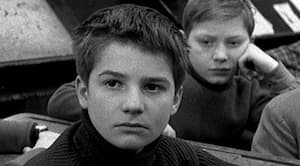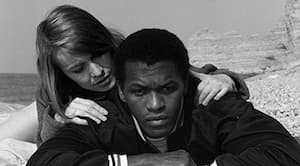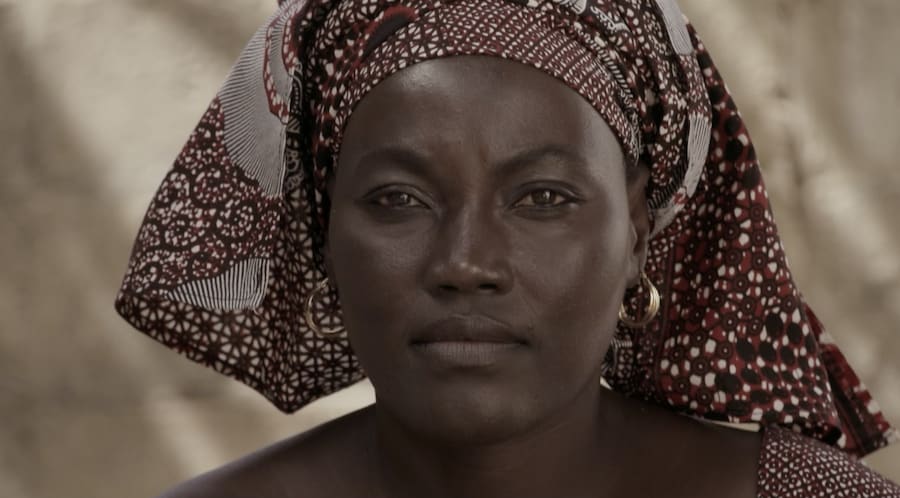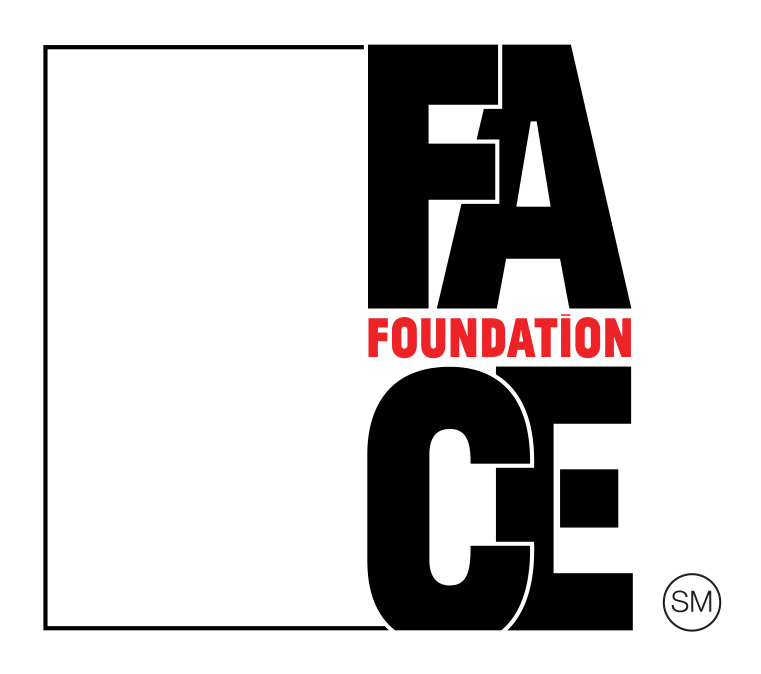A Celebration of French Cinema
American University’s Department of World Languages & Cultures (WLC) presents the Albertine Cinémathèque Film Festival in the Mary Graydon Center’s Wechsler Theater, Room 315. Designed to expand access to French cinema and support film programming at American colleges and universities, Albertine Cinémathèque’s annual film selection engages with the greatest issues of our time, while nurturing an enduring love for this diverse and evolving art form. Admission is free, no advance registration is required, and the event is open to the AU community and the public. For questions, contact Isabel Rivero-Vilá.







